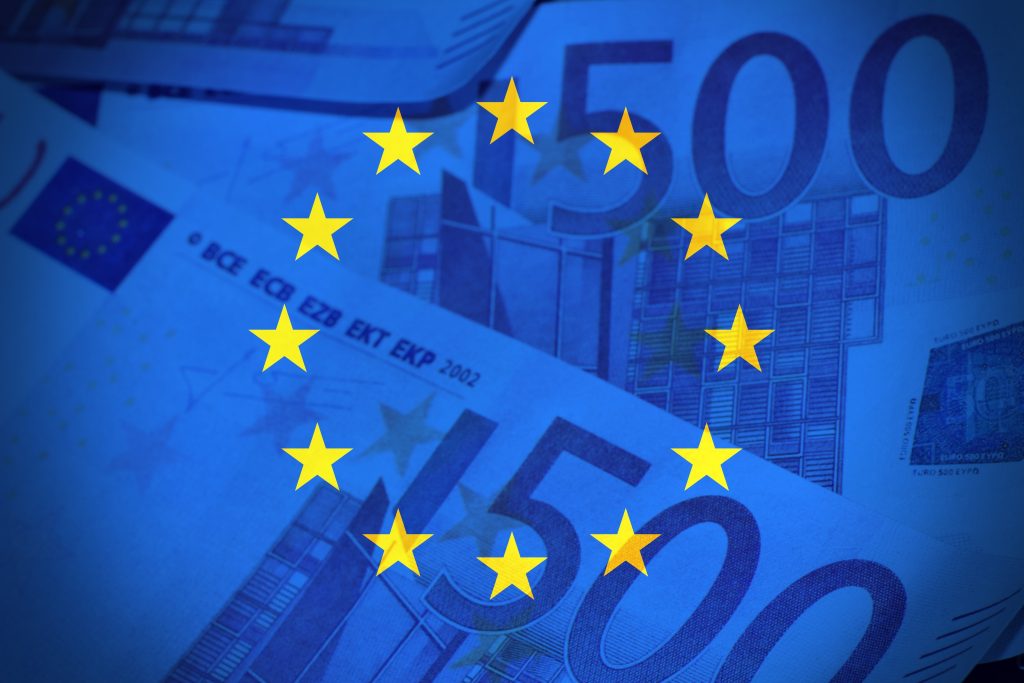France Pushes Ahead to Ban Nicotine Pouches, Putting Ex-Users at high Risk of Premature Death
29th Aug 2025

France has now submitted its written comments in response to other member states’ objections against prohibiting the sale of nicotine pouches by anyone outside the pharmaceutical industry. However, the French response is riddled with contradictions and disregards both scientific evidence and the positive experiences of other member states. Global consumer data are undeniable: most users once smoked – people that are now condemned to return to lethal cigarettes. The responsibility falls squarely on France.
Background
Under Directive 2015/1535, the French authorities notified, on 24 February, a draft decree prohibiting the production, manufacture, transport, import, export, possession, supply, transfer, acquisition, distribution and use of products containing nicotine for oral use within the national territory.
Several member states have protested against France’s de facto ban on nicotine pouches, including Greece, Hungary, Slovakia, Sweden, Romania, the Czech Republic and Italy. As a result, France was required to respond to the issues raised in opposition to its notified draft text.
Criticism from Other EU Countries
The objections centred on three key points:
1. The alleged contradiction of the draft text with Article 114 TFEU.
2. The assumption that the products covered by the draft may fall under a forthcoming legislative act by the European Commission as part of the revision of Directive 2014/40/EU.
3. The unjustified barrier to the free movement of goods guaranteed by Article 34 TFEU, which the proposed ban represents.
France’s Nonsensical Reply
1. France argues that Article 114 TFEU is not applicable if the products covered by the notified draft do not fall within the scope of Directive 2014/40/EU, or if they are covered by other European legislation.
2. It refers to procedural points, claiming that the European Commission did not act within the usual three-month period, that other member states should not interfere with France’s actions, and that it is unaware of the Commission’s ongoing work on a new Tobacco Products Directive (TPD3).
3. France states that even if the ban could be seen as a restriction on the free movement of goods, it is nevertheless justified on the grounds of protecting public health. It further claims that a ban is proportionate and that the objective cannot be achieved by less restrictive measures.
Markus Lindblad, Head of Communications at Pouch Patrol, comments:
“France’s response is nothing but gibberish full of contradictions. It is obvious they are acting out of some kind of moral panic. I wonder if they even understand what they are proposing.”
He gives examples:
“Firstly, France knows this infringes the free movement of goods and is therefore not permitted. It is like another member state banning French cheeses for some absurd reason, while allowing cheeses from other countries. The French would not tolerate that. They are simply brushing off the criticism that the proposal conflicts with Article 114 TFEU.”
“Secondly, it is widely known that the third Tobacco Products Directive is being drafted. To claim that it might be more than three months away is ridiculous. It just shows that France believes it stands above the framework the rest of us Europeans must adhere to.”
“Thirdly, they refer to public health but lack any arguments to support it. This is precisely what the other member states have already pointed out. Their reasoning goes round in circles when they cannot explain how nicotine pouches would pose a ‘specifically higher health risk compared to other legally marketed products containing nicotine’. This is contradicted by authorities such as the British NHS and supported by existing statistics on deaths from cancer and lung diseases, comparing countries with high smoking rates against those with high use of snus.”
“The whole thing is disgraceful. To claim that public health cannot be protected without banning an alternative to smoking – an alternative that has made countries like Sweden, and soon Norway, smoke-free – is absolute nonsense.”
“Nicotine, tobacco and alcohol are adult products, but there are effective ways to protect young people without banning nicotine pouches. One could, for example, set a maximum nicotine content limit, prohibit sales to minors, and require mandatory packaging labels with addiction warnings and ingredient listings.”
Lindblad concludes:
“France now risks both increased smuggling and a devastating black market, but most importantly it risks delaying the goal of a smoke-free society by several more years.”





